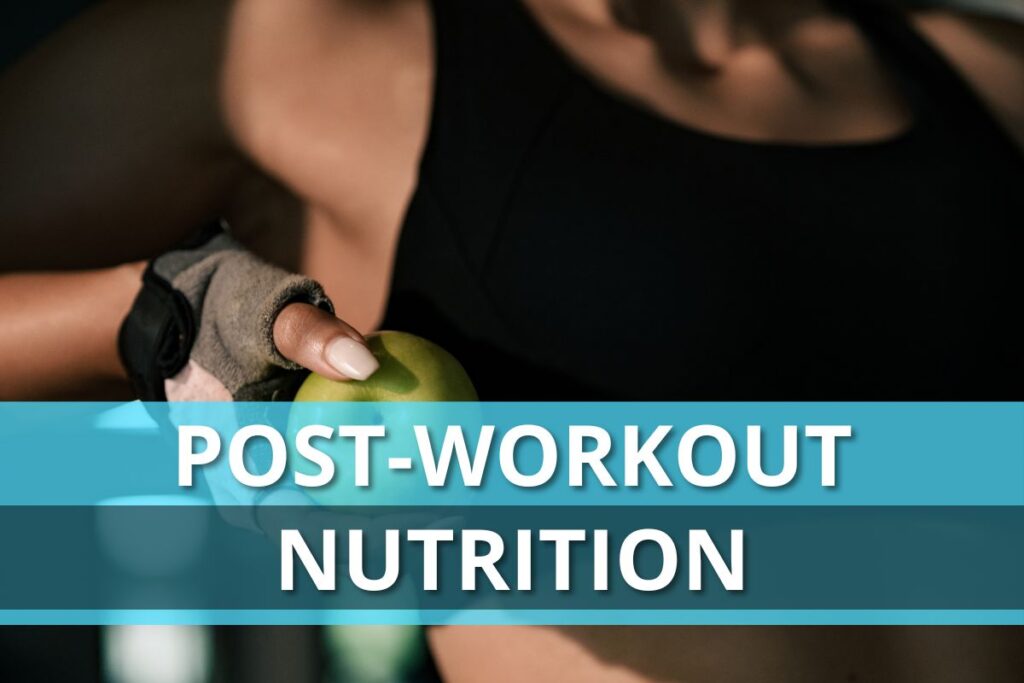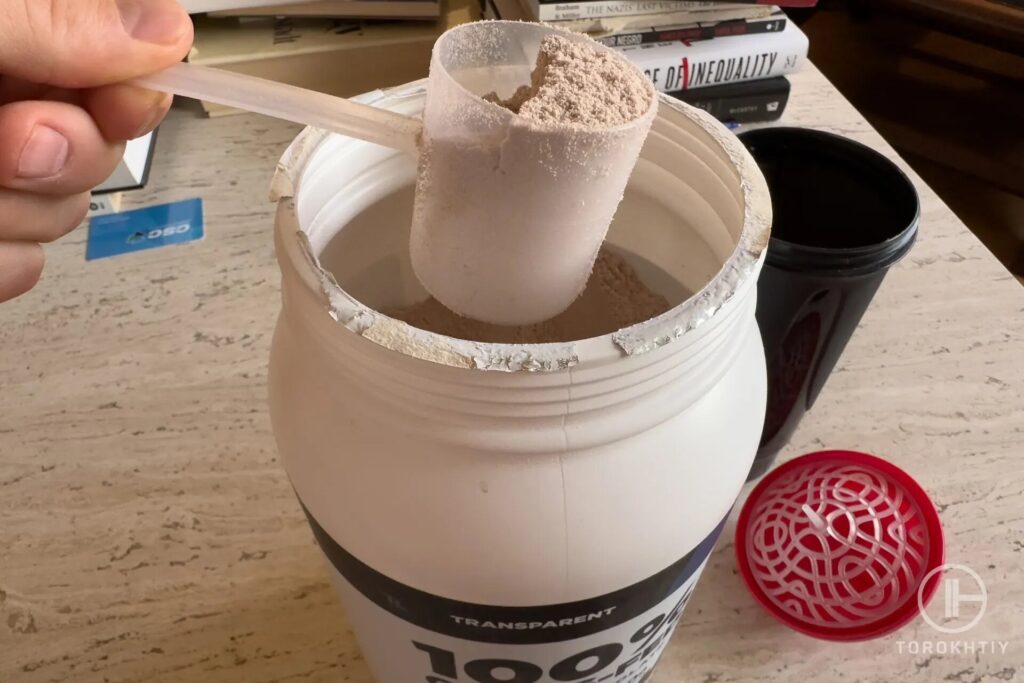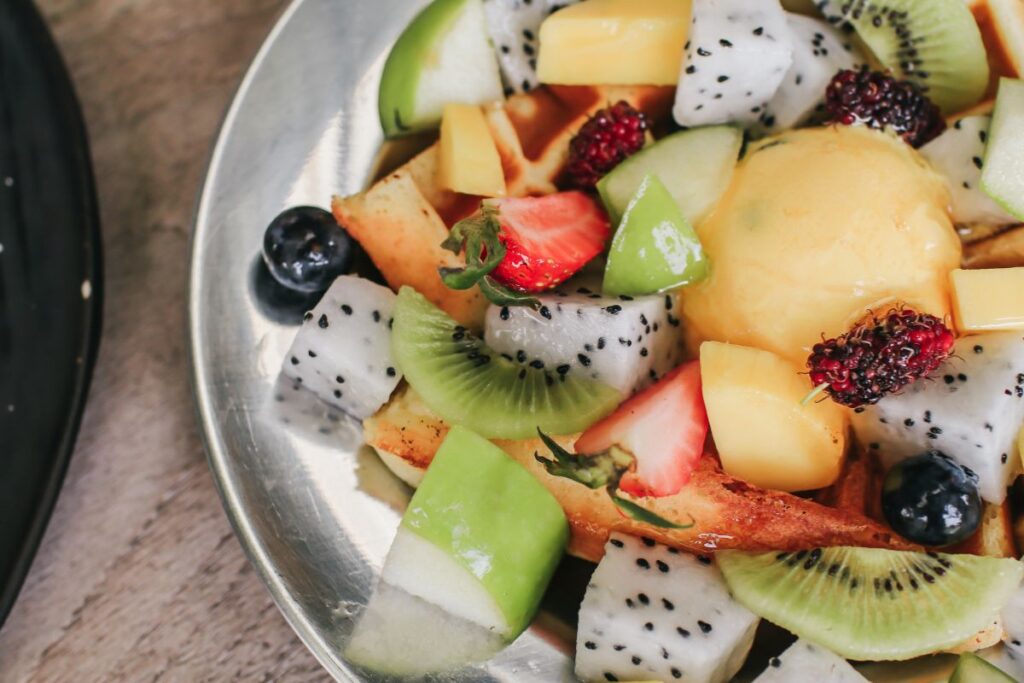Post-workout Nutrition
Author:
Unlock your full potential by engaging with our experts and community! Have questions about your fitness journey or looking for expert advice on weightlifting techniques? Don’t hesitate — leave a comment below and Sergii Putsov will provide a personalized answer and insights to help you reach your goals.
Torokhtiy is reader-supported. Some links are affiliate links, and we may earn a commission at no extra cost to you. See our disclosure page for details.

A late dinner helps you get your daily calories, protein, fat, and carbohydrates. I constantly focus on the fact that physically active people have quite high calorie requirements. And if you are a real weightlifter who trains regularly and intensively, then your energy needs can be very high: 3000 kcal and above. If you skip dinner after your evening workout, it will be much more difficult for you to get the right amount of calories, and with them – proteins, fats and carbohydrates.
You can, of course, have dinner before your evening workout. But in this case, you will not be able to quickly restore skeletal muscle glycogen stores that were expended in training. It is not optimal for either glycogen replenishment or increased strength and muscle growth.
Even distribution of protein = optimal results.
With regard to protein, the approach is this – it does not matter when you eat it. The total amount of protein per day is the most important thing. On the other hand, even distribution of protein across each meal can have the advantage of maintaining maximum muscle protein synthesis and reducing muscle protein breakdown.
You may like it:
It is well known that when nutrients (including protein and carbohydrates) are consumed in the vicinity of (both before and after) training, muscle protein synthesis and muscle glycogen resynthesis are optimized.
When you have worked hard and your muscles have micro-injuries, a portion of protein after training only helps them to accelerate their recovery. Especially if protein is consumed along with carbohydrates. Thus, we will support the synthesis of muscle protein and reduce its breakdown – due to the availability of amino acids in the blood and the action of the hormone insulin. For strength athletes, this is a winning combination.

On the other hand, if after a hard workout we do not get a good portion of protein (ideally, carbohydrates), all recovery and adaptation processes will not proceed at maximum.
In general, if you skip dinner after a hard workout, then:
- First, it will be more difficult for you to put in the required amount of calories, protein, fat and carbohydrates. You will have to overeat in the morning, which is not suitable for all weightlifters, given the high needs for micronutrients;
- Secondly, the processes of recovery and adaptation to stress will be slow and not at full strength. If your goal is to achieve maximum results, then after an evening workout, you need to get a serving of protein and carbohydrates.
Late dinner and health: harmful or not?

There is evidence from observational studies that eating late (especially at night) has a negative effect on circadian rhythms (body clock). The risks of excess weight gain, the development of metabolic syndrome and chronic non-communicable diseases, primarily cardiovascular and type 2 diabetes mellitus, increase.
However, this data was obtained from people who work (and eat) night shifts. There is such a phenomenon as Night Eating Syndrome, which includes a complex of several factors at once. This includes not only food at night, but also a lack or poor quality of sleep, general overeating and cravings for high-calorie foods, which are observed with lack of sleep. All of these have adverse health effects.
But does this data and risks apply to people who exercise regularly and eat late? Most probably not. This is what the American Institute for Cancer Research experts say. You can’t compare the average person who works night shifts and eats at night with people who exercise regularly and eat only a few hours later than usual. What’s more, regular exercise alone can completely neutralize the likely negative effects of late meals.

In a scientific review from Nutrients magazine, they write that nightime eatings can be beneficial for active and young people. Accelerated recovery from workouts, maintaining muscle protein synthesis – all of which I have already mentioned above.
Late dinner and sleep
Perhaps the only pronounced disadvantage of a late dinner is a negative impact on the quality of sleep. It is in this case that a plentiful, high-protein meal is not recommended. A late dinner with a lot of fat is also not recommended, as fat slows down the digestion process.
However, if you feel good after eating and have no sleep quality problems, then there is no cause for great concern. The best option for those who exercise in the evening is to consume an average portion of easily digestible protein 1-1.5 hours before bedtime. For example, 25 grams of protein from Greek yogurt. This will support muscle protein synthesis and promote overall recovery without overloading the digestive system or disrupting sleep quality.
I recommend experimenting and choosing foods and serving sizes that will not cause you to fall asleep or sleep well.
To summarize, if your work schedule does not allow you to reschedule your workout at an earlier time, there is still no cause for great concern. You can always find an alternative, optimal meal regimen.
Personally, I see many reasons for not going to bed hungry after a tough evening workout. Give your body quality fuel with a serving of digestible protein and some carbs. By doing this, you can optimize all metabolic processes associated with muscle growth, strength and physical performance. Don’t worry that a late dinner will lead to health problems. If you exercise regularly, have a balanced diet, do not overeat and sleep well, the likely negative effects of late nutrition will be neutralized.
Also Read:
- Is Breakfast The Most Important Meal?
- A Brief Manual To Vitamins
- The Truth About Tribulus
- Life Hacks To Improve The Carbohydrate Metabolism
- Post-workout Nutrition
You might be interested in:
Why Trust Us?
With over 20 years in Olympic weightlifting, strength training, nutrition coaching, and general fitness our team does its best to provide the audience with ultimate support and meet the needs and requirements of advanced athletes and professional lifters, as well as people who strive to open new opportunities and develop their physical capabilities with us.
By trusting the recommendations of our certified experts in coaching, nutrition, and sports training programming, as well as scientific consultants, and physiotherapists, we provide you with thorough, well-considered, and scientifically proven content. All the information given in the articles concerning workout programming, separate exercises, and athletic performance, in general, is based on verified data.
The product testing process is described in more detail here.
Author: Sergii Putsov
Head of Sport Science, PhD
Best Results: Snatch – 165 kg,
C&J – 200 kg
Sergii Putsov, Ph.D., is a former professional weightlifter and National team member, achieving multiple medals in the 94 kg weight category at national competitions. With a Master’s degree in “Olympic & Professional Sport Training” and a Sport Science Ph.D. from the International Olympic Academy, Greece, Sergii now leads as the Head of Sport Science. He specializes in designing training programs, writing insightful blog articles, providing live commentary at international weightlifting events, and conducting educational seminars worldwide alongside Olympic weightlifting expert Oleksiy Torokhtiy.




Still have questions after reading our article? Unlock your full potential by engaging with our experts and community! Don’t hesitate — leave a comment below and Sergii Putsov will provide a personalized answer and insights to help you reach your goals.